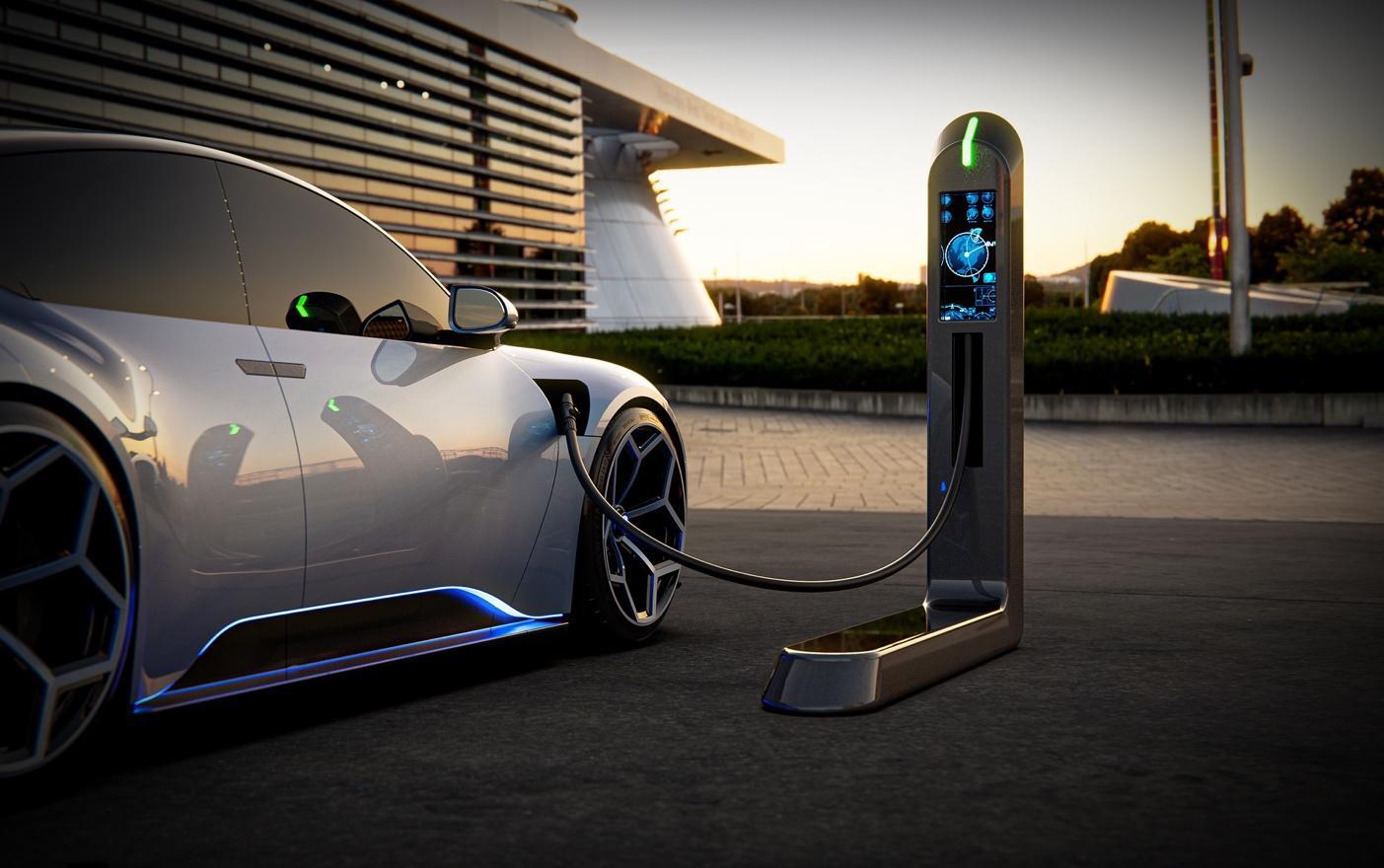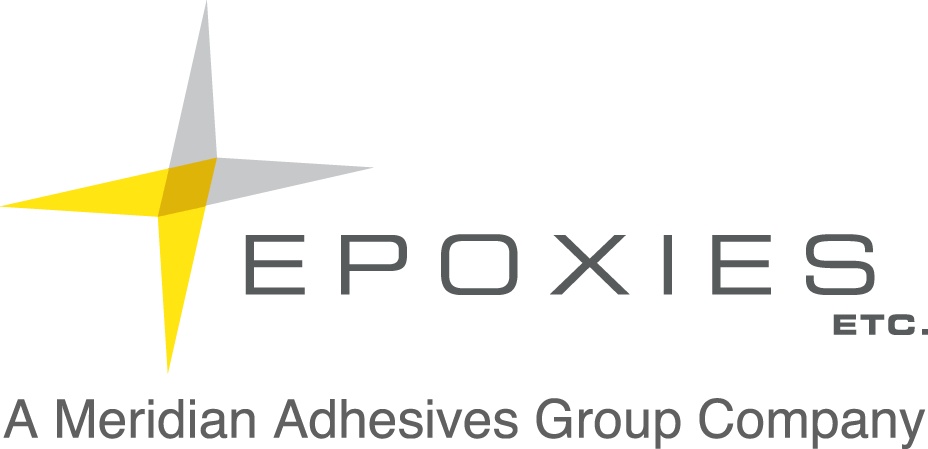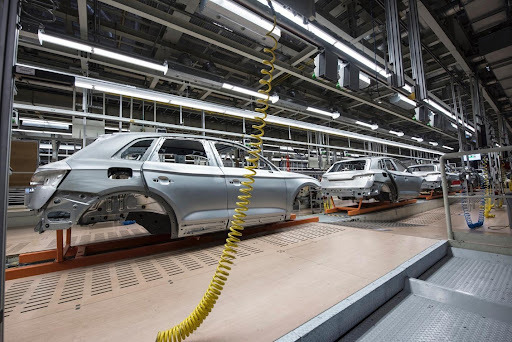Important Considerations When Choosing an Electric Vehicle Epoxy Adhesive

Electric vehicle epoxy adhesive products are mainly used for electronic assemblies where batteries, motors, and power electronics need to be secured for electricity and power management. They generally act as electrical insulators and thermal conductors to dissipate the heat of the power electronics. In addition, they also provide flammability resistance.
Using the right product can help meet the challenges of safety, efficiency, durability, and cost optimization and enables you to fabricate high-performing components.
There are crucial factors to consider when selecting an electric vehicle epoxy adhesive:
Selection Process
To select the best epoxy for your electronic vehicle adhesive, identify your regulatory requirements and thermal conductivity (ThK) intentions. Secondly, be sure to match your electronic vehicle adhesive properties to production or manufacturing process intentions and, finally, determine if the product meets your reliability requirements.
Regulatory Requirements
While vehicle electrification is a growing trend, the safety of energy storage components remains a significant concern for manufacturing engineers. This challenge is further heightened by various safety compliance standards, including REACH, RoHS, and UL 94.
REACH regulation standard governs the manufacture and use of electrical substances and evaluates the potential effects on human health and the environment. Substances of very high concern include Dibutyl Phthalate, 4,4’-isopropylidenephenol, 1-Methyl-2-pyrrolidone, and 4-Nonyl Phenol, branched and linear.
Compliance with RoHS is mandatory for manufacturers dealing with electrical and electronic equipment in China. In addition, RoHS regulations have threshold limits that control various substances or materials at the homogeneous material level.
Various compounds should be minimized in electronic products used in electric vehicles. Both Epoxy Technology and our sister company, Epoxies, Etc. strive to eliminate harmful compounds from our product formulations to ensure they meet and exceed RoHS regulations.
UL 94 is a standard that classifies plastics based on how they burn in different orientations, from the lowest flame-retardant to the highest flame retardant. This standard helps epoxy formulators to include unique filler technology to ensure the vehicles and power electronics meet the ever-changing safety and performance needs.
Thermal Conductivity
Thermal conductivity means the amount of heat that must be removed from a device to optimize performance. The higher power density and power dissipation of improved state-of-the-art semiconductors create multiple interfaces through which heat flux must circulate. This includes the IC chip connected to the package, the PCB, to the heat sink, and, finally to the ambient surroundings.
Thermal Resistance vs. Thermal Resistivity
Thermal resistance is an object property and a temperature measurement between two points by which a material resists a heat flow. It is the ratio of the temperature gradient versus the power density and is expressed in units as degrees Celsius/Watt (C°/W). On the other hand, thermal resistivity is a material or object’s ability to resist a heat flow – and is often the opposite of conductivity. By definition, the lowest thermal resistance is the highest thermal conductor, ideal for high-power electronics.
Conductive epoxy is attained using thermal fillers. Theoretically speaking, in-device resistance can be similar to bulk resistance. However, Triple-layer adhesive test method is the best technique to measure the in-circuit and epoxy thermal performance.
Manufacturing/Process Considerations
User-friendliness
The third step in the selection process is matching the adhesive to its intended manufacturing process. Factors like viscosity, pot life, handling, and curing need to be considered. Improper curing of epoxy is a safety concern due to the possibility of a runaway exothermic reaction.
Exothermic Reaction
Epoxies are known for their versatility in their formulation chemistries. However, not all chemistries enable large-scale potting and encapsulation. An abundance of caution should be taken for any application using more than 50gm of epoxy in a component to prevent the generation of excessive heat, called a super-thermic reaction, that could cause cracking, voiding, crazing, and high component stresses.
To avoid the possibility of a runaway exotherm, adjustments such as machinery deposition, adhesives specialty packaging, and stepped curing processes can be made. Examples of adhesives specialty packaging include pre-mixed frozen syringes and Triggerbond® cartridges that both Epoxies, Etc. and Epoxy Technology offer.
Reliability and Life Cycle Intentions
Lastly, the final step in the selection process is determining the reliability of the components. There is no simple answer in this regard. Instead, it is mandatory that the technical data sheets provide a first-level indication of performance; however, it is essential that all users determine whether the components can handle the harsh environments of the EV. This includes meeting thermal cycles, moisture, salt and chemical resistance, and, especially vibration.
Why Does Stress Occur?
Generally, stress happens due to temperature swings resulting from the curing process and from the operation of the EV itself. When components cool, they shrink according to their coefficient of thermal expansion (CTE), which adds stress. Please note that the CTE of adhesive seldom matches the CTE of ceramics and metals. Most stress usually occurs in shear mode as opposed to tensile or compressive.
Contact Epoxies, Etc. Today for Assistance
If you are looking for electric vehicle epoxy adhesives, Meridian Adhesives Group’s Electronics Division members, Epoxy Technology and Epoxies, Etc., offer a wide range of electrically and thermally conductive adhesives to suit your specific application. Contact us today to schedule a consultation with our professionals or get a free sample.




